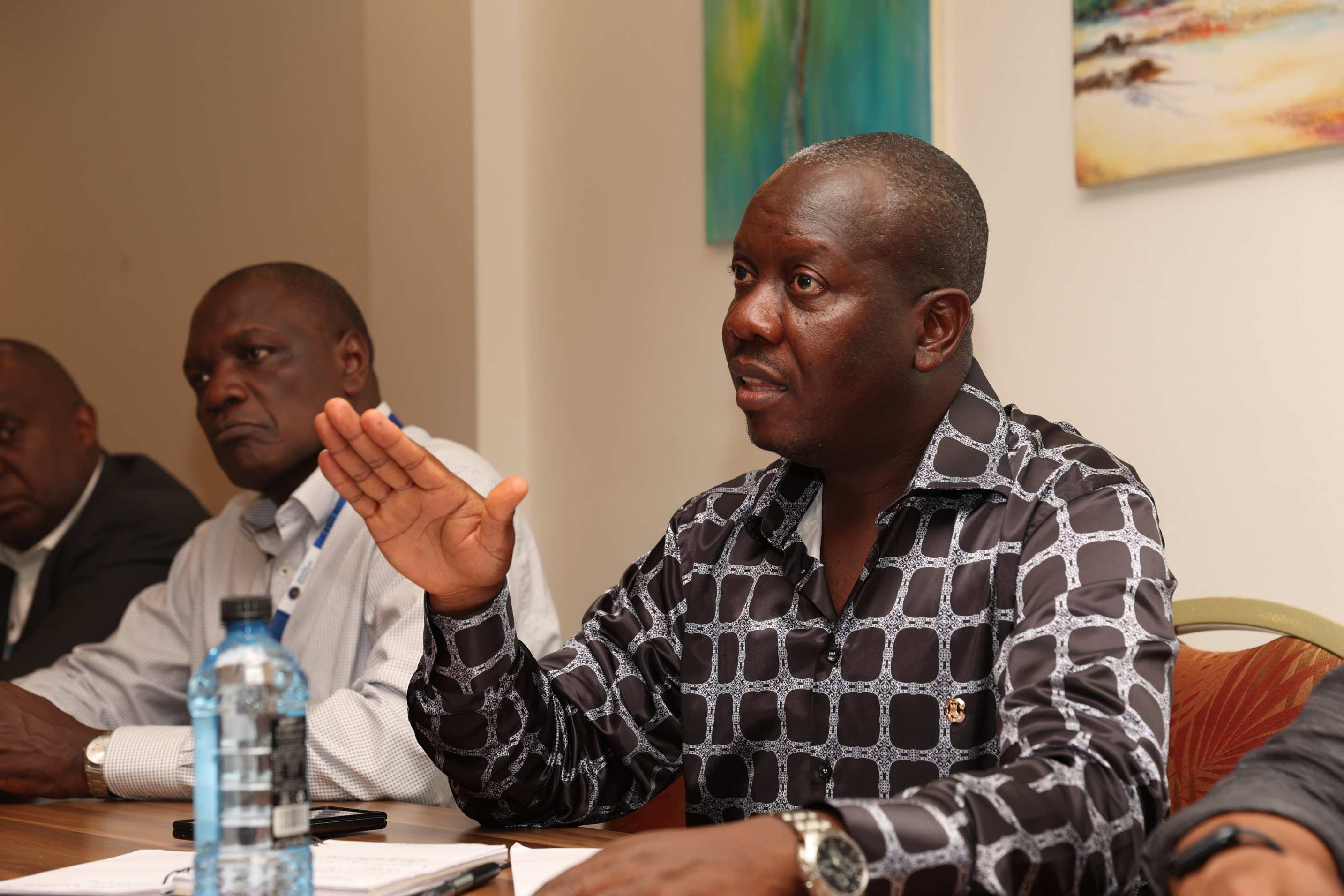DPP justifies terror charges against protesters, rejects political motive

He said the charges were based on clear acts of destruction that targeted public property during the demonstrations — actions that, under Kenyan law, qualify as terrorism.
Director of Public Prosecutions Renson Ingonga has defended his office’s decision to charge some anti-government protesters with terrorism, saying the move is backed by the law and not driven by politics.
Speaking in Nairobi on Thursday, Ingonga pushed back against growing criticism from legal experts, rights groups, and political figures who have accused the State of using anti-terrorism laws to silence dissent.
He said the charges were based on clear acts of destruction that targeted public property during the demonstrations — actions that, under Kenyan law, qualify as terrorism.
"The Decision to Charge Guidelines are the most important tool for any prosecutor. They ensure our decisions are uniform, evidence-based, and rooted in people-centered justice," said Ingonga.
“We must resist pressure, fear, or favor.”
His statement comes amid public anger over the recent arrest of activist Boniface Mwangi, who was taken by police last weekend over his role in the June 25 protests held in honour of victims of last year’s tax demonstrations.
Mwangi was initially accused of “facilitating terror” and unlawful possession of ammunition. But when he appeared in court on Monday, the only charge brought against him was illegal possession of ammunition — a move critics viewed as a softening of stance by the prosecution under public pressure.
Ingonga dismissed those claims, insisting his office operates independently.
“If demonstrations are against the Executive and people are charged with terrorism, it does not mean the government is behind it. Terrorism is not limited to guns or bombs. Destruction of government property also constitutes terrorism under our laws,” he said.
“This law was passed in 2014 by the same Parliament now raising objections.”
Similar charges were filed against 37 young people who were arrested during the June 25 and July 7 protests. Although they were first accused of terrorism-related offences, they were later released on Sh50,000 cash bail or a Sh200,000 bond.
The charges have sparked concern from the Law Society of Kenya and former Chief Justice David Maraga, both of whom have strongly opposed the use of anti-terror laws in protest-related cases. They described the move as unconstitutional and oppressive.
